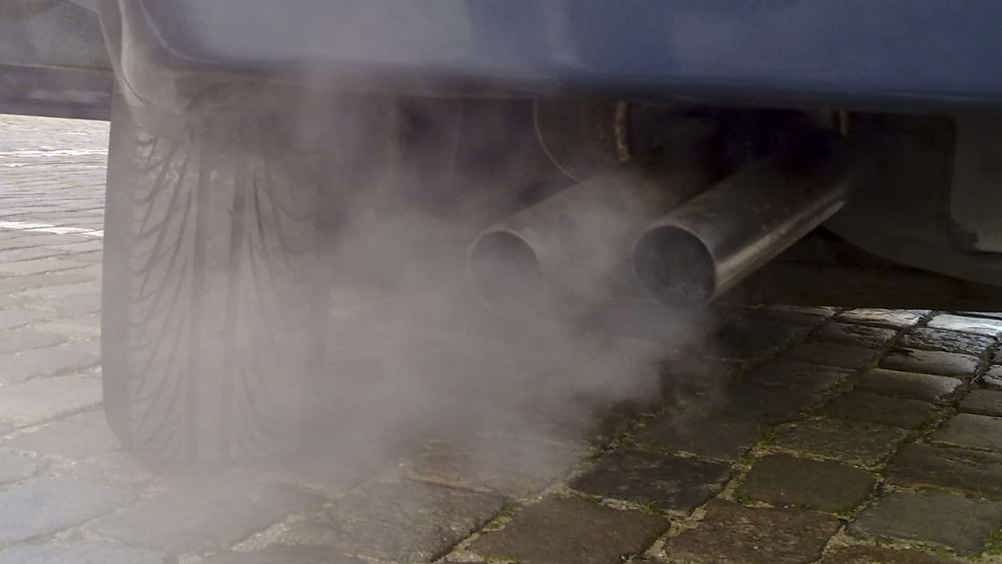Last week’s poll: continuing concerns over air pollution


A new report has concluded that the health impact of air pollution costs at least €70bn per year (£62bn), with diesel emissions accounting for three quarters of the harm.
The report, from European Public Health Alliance (EPHA), says costs could be reduced by 80 per cent by 2030 if ambitious action were taken
EPHA made recommendations for actions that could be taken by 2030 to reduce health impacts and the costs of air pollution, and these were reflected in the options given in last week’s tightly contest poll.
Of the 530 respondents, 32 per cent agreed that air pollution could be combated by focussing on implementing measures in the worst affected areas, followed by the 31 per cent who think large diesel engine vehicles should be targeted.
Of the remaining vote, 18 per cent would like to bring forward the phase-out of new ICE cars to 2030; seven per cent want a ban on pre-2014 vehicles; and 12 per cent opted for the none of the above option, including Another Steve who said: “The government has a proven track record of saying a lot but doing little. If they were serious about the environment would they really be expanding Heathrow, supporting fracking, destroying public transport, dragging their feet on nuclear energy, and removing subsidies from renewables ? No real action will happen until the waves are lapping over Westminster.”
Register now to continue reading
Thanks for visiting The Engineer. You’ve now reached your monthly limit of news stories. Register for free to unlock unlimited access to all of our news coverage, as well as premium content including opinion, in-depth features and special reports.
Benefits of registering
-
In-depth insights and coverage of key emerging trends
-
Unrestricted access to special reports throughout the year
-
Daily technology news delivered straight to your inbox










Water Sector Talent Exodus Could Cripple The Sector
Maybe if things are essential for the running of a country and we want to pay a fair price we should be running these utilities on a not for profit...